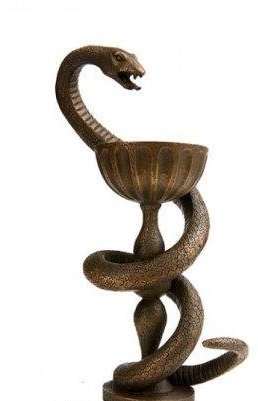Psoriasis is not contagious but can be inherited. Research indicates that the disease may result from a disorder in the immune system. Currently, there is no cure for psoriasis. However, there are many treatment options that can clear psoriasis for a period of time.
What is Psoriasis?
Typically psoriasis sufferers usually develop well defined red raised patches covered by silvery scales which form first on the scalp, behind the ears, on the back of the neck, between the shoulders, on elbows and knees or near fingernails and toenails.
How is Psoriasis usually treated?
Although psoriasis cannot be cured, using a combination of treatments may help the symptoms to disappear for long periods. Psoriasis treatments may include conventional and self-care.
Conventional treatments aim at controlling the condition. While conventional treatments can be very effective, they can also be extremely harsh – especially in the long-term — and many treat only the external symptoms.
Conventional psoriasis treatments include:
Topical (applied to the skin) — Mild to moderate psoriasis
Phototherapy (light, usually ultraviolet, applied to the skin) — Moderate to severe psoriasis
Systemic (taken orally or by injection or infusion) — Moderate, severe or disabling psoriasis
Self-Care psoriasis treatments at home include:
Keeping the skin soft and moist is helpful. Apply heavy moisturizers after bathing.
Avoiding irritating cosmetics or soaps. (Try a non-toxic soap like Botanic GOLD™) http://ourfamilyshealth.holisticwebdirectory.com/nontoxic/
Refrain from scratching or itching that can cause bleeding or excessive irritation.
Soaking in bath water with oil added and using moisturizers may help. Bath soaks with coal tar or other agents that remove scales and reduce the plaque may also help.
Many psoriasis sufferers use a combination of these treatments to reduce or eliminate the outbreak of psoriasis. Before starting any treatment program it is always advisable to check with a doctor.
Copyright © 2006 OurFamilysHealth.com All rights reserved.

